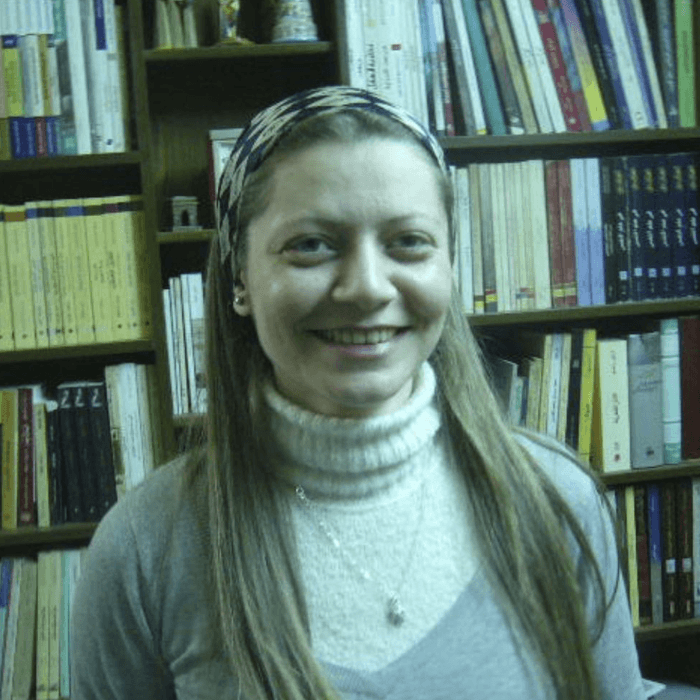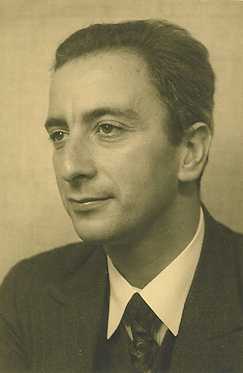Four lawyers killed in the December Murders 1982, in Paramaribo, Surinam
The ‘December Murders’ is the commonly used designation for the torturing and killing of fifteen opponents of the military regime of Desi Bouterse, in the night of December 8, 1982. This event has left deep traces, not only in the country itself, but also on the Surinamese people living in the Netherlands.
Prominent Surinamese men who criticized the military regime were arrested in their beds and taken to Fort Zeelandia, the then headquarters of Bouterse. There they were tortured and executed by a firing squad. According to witness statements, the victims were first brought before Bouterse to face a mock arraignment, before they were shot dead on Bastion Veere, one of the open spaces in Fort Zeelandia. According to several witnesses, Bouterse himself was present in Fort Zeelandia when the victims were killed.
Finally, at the end of November 2019, the Martial Council of Suriname sentenced Bouterse, who has been president of the country for a number of years, to 20 years in prison. But the question is whether and how this punishment will actually be enforced.
The soldiers designated for the firing squad were told that they were to shoot people who plotted a coup against the regime. Among the victims were four lawyers: John Baboeram, Kenneth Gonçalves, Eddy Hoost and Harold Riedewald. They died defending democracy and the rule of law.
The circumstances in which the fifteen men died, have never been fully clarified. The report on the December Murders, by the Netherlands Lawyers’ Committee for Human Rights (NJCM), published on February 14, 1983, is a summary of the observations made by several witnesses, present in the morgue of the Academic Hospital, on the victims’ corpses. They make mention of traces of grievous bodily harm in the face of all victims, bone fractures and other injuries that cannot be the result of gunshots. The report also states that experts on weapons and injuries caused by weapons have declared that the bullet wounds in breast and abdomen clearly indicated that the victims had been shot from the front. The conclusion therefore was that they had not been shot while fleeing, but that they were heavily tortured and put to death.
In 1984, a Special Rapporteur of the United Nations Human Rights Council paid a visit to Surinam and the Netherlands, in connection with these murders. He concluded that in the night of December 8 “summary or arbitrary executions had taken place that had had a traumatic impact on the Surinamese people”.
Since then, several legal proceedings relating to this matter have been initiated. In november 2020 Desi Bouterse, at that moment President of Suriname, was sentenced to 20 years of imprisonment.
Let us never forget those courageous lawyers who have paid the ultimate price in the defence of democracy.
More than 50 lawyers killed in attack
In August 2016 Taliban in Quetta, capital of Baluchistan province in Pakistan, performed a suicide attack in which at least 70 people were killed and 120 wounded. Among the dead were certainly 54 lawyers who could be identified. Possibly the total of them is 63. More information can be found here: http://tinyurl.com/zgxgfn3.
The Douma Four

April 29th marks the birthday of disappeared Razan Zaitouneh, lawyer, head of the Violations Documentation Centre in Syria (VDC) and winner of 2011 Sakharov Prize for Freedom Thought. The European Bar Human Rights Institute (IDHAE) calls for her immediate return and that of her colleagues Samira Khalil, Nazem Hamadi and Wa’el Hamada, to whom she is married, collectively known as the Douma Four.
Since their disappearance human rights organisations, politicians and activists have called for their release. However, these calls have been met with silence-more must be done by the international community and Governments to ensure their safe return.
On 9 December 2013, the four human rights defenders were kidnapped during a raid by an armed group on the offices of the VDC in Douma, near Damascus, and have not been heard from since. There has been no news of their whereabouts, status or health over 17 months after their abduction.
The VDC was active in monitoring and reporting on human rights violations in Syria and it is believed that the abduction of the four activists is a direct result of their peaceful human rights work. In the months prior to her abduction Razan Zeitouneh wrote about threats she had been receiving and informed human rights activists outside Syria that local armed groups in Douma were threatening her. A number of armed groups including the Army of Islam headed by Zahran Alloush, exercise de facto control over Douma. In April 2014, her family issued a statement holding Alloush responsible for her and her colleagues’ wellbeing, given the large presence his group maintains in the area.
Haarlem lawyer executed by the Germans
Herbert Drilsma (born 1906) was a lawyer in Haarlem, The Netherlands who alongside with nine other people was executed in the dunes at ‘het Kopje van Bloemendaal’. He was a well known lawyer and politician in his time. The Jewish community too knew him well. Drilsma was a member of the municipal council of Haarlem on behalf of the Social Democratic Labour Party (SDAP) when the Germans refused him access to the council’s boardroom in 1941.
The reason for his execution was the murder of a German soldier in Haarlem on January 30th 1943. Even though the perpetrator was never found, the Germans seized and captured more than a hundred men from the Haarlem area without hesitation. They were supported by local members of the NSB (a Dutch political movement who were in favour of the German regime), amongst them was the notorious Jan Nederkoorn. From this group, ten people were picked for execution. Two memorial stones are placed on the exact same spot in the dunes, and a sign was placed in Haarlem’s city hall in memory of this retaliation. Besides Drilsma, Frank and Chapon, J. Th. Lebbe, K.F. Reumann, W. de la Rie, R. Strengholt, S.N. Warmenhoven, P. Wey and I.F. Zwanenbeek were also victims. Why exactly these ten people were picked remains unknown (source: wimdewagt.nl (Dutch)).

